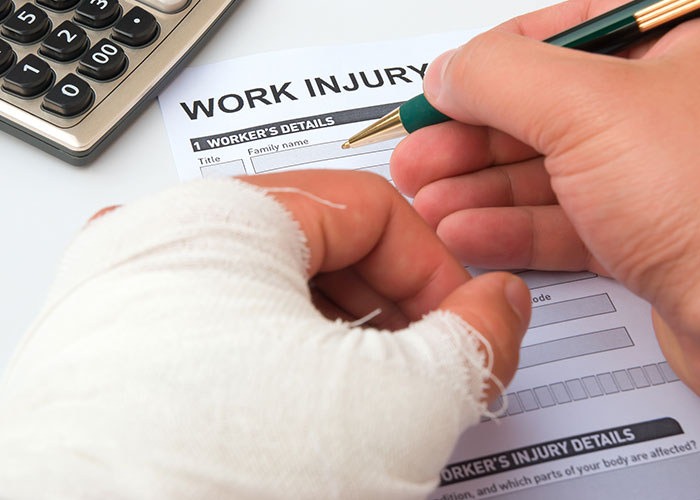A Comprehensive Guide to Workers’ Compensation Claims
Workers’ compensation is a special benefit for people who sustain injuries while they are performing their work duties. The benefit covers a variety of work-related injuries. All businesses that have more than only a few employees are required by law to carry workers’ compensation. If required businesses do not, they are subject to severe fines and in some cases their business may be forced to shut down. The following information explains more about these benefits and how it works for employees. If you have questions or concerns about a workers compensation claim, consider contacting a workers comp lawyer.
Who Qualifies for Workers’ Compensation?
Anyone who is an employee of a company that is required to carry the insurance is technically eligible to receive assistance. The injury that the person claims must occur during the course of his or her work, however. The only exception to that rule is when the person’s job involves traveling. For example, a delivery person could get hurt while he or she is on a delivery, and that injury could possibly count as a workers’ compensation-eligible injury.
What Injuries Does It Cover?
Worker’s compensation covers a vast assortment of injuries and illnesses that occur during the course of the work process. Some of the most common injuries that people include in their claims are injuries like back sprains, broken arms and legs, burns, cuts, eye damage, and so on. Occupational illnesses count for workers’ compensation as well because they happen because the nature of the job exposes them to certain contaminants. In some states, mental and emotional turmoil can even count as a payable injury. It depends on the circumstance. Each case is an individual set of problems that may qualify for assistance.
What Do Workers’ Compensation Benefits Pay For?
Workers’ compensation covers a variety of elements for the person who requests it. One thing that it covers is the medical bills for the injured party. Any testing, medication, or therapeutic services can qualify for compensation. The insurance covers the person for a portion of his or her regular paycheck, as well. The worker gets a bit less than 67 percent of what he or she would normally earn on the job. Payments can come as early as eight days after approval, if the process goes smoothly.
How Does the Process Work?
The process starts with the employee reporting the injury to the supervisor. The next steps depend on the state, but either the employee or their employer must file the necessary paperwork to open a claim.
- The employee must visit a doctor to validate the claim and receive payment.
- The doctor then provides an injury diagnosis, documentation, and a recommendation as to whether the employee can return to work and when.
- The issuing organization considers all of the documentation and makes a decision on the employee’s request.
- If the claim is approved, the employee will receive payments until that person returns to work.
What if the Employer Was at Fault?
Sometimes, an on-the-job injury happens because of something the employer either did or failed to do. In that case, the injured party may be eligible to file a personal injury claim. A personal injury is one that occurs because of someone else’s negligence. An employer could be subject to a personal injury claim if they knowingly fail to fix an issue or do something that makes the work environment unsafe. An injured worker cannot pursue both resolutions, however. The person must choose to file either a personal injury claim or a workers’ compensation claim. The decision will likely primarily depend on the strength of the case. A workers compensation lawyer such as the Workers Compensation Attorneys locals trust can review the details of the case and provide a qualified legal opinion as to what the employee’s best option may be.

